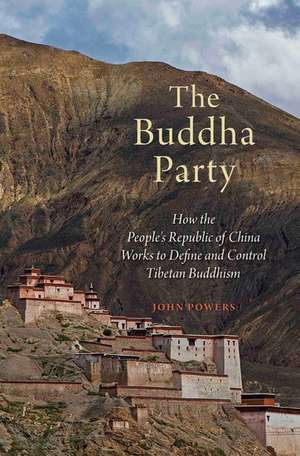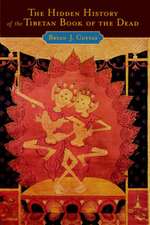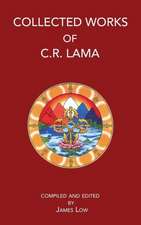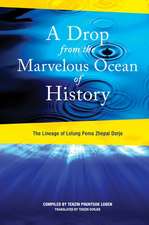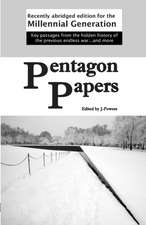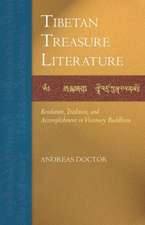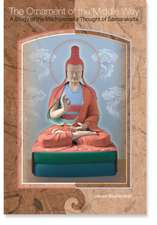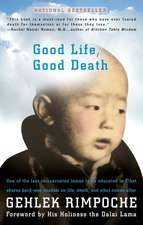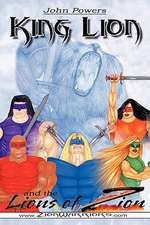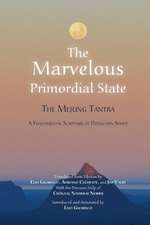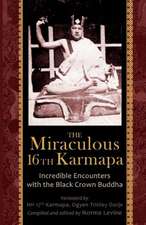The Buddha Party: How the People's Republic of China Works to Define and Control Tibetan Buddhism
Autor John Powersen Limba Engleză Hardback – 20 oct 2016
Preț: 293.73 lei
Preț vechi: 355.22 lei
-17% Nou
Puncte Express: 441
Preț estimativ în valută:
56.21€ • 58.07$ • 46.78£
56.21€ • 58.07$ • 46.78£
Carte disponibilă
Livrare economică 21-27 februarie
Preluare comenzi: 021 569.72.76
Specificații
ISBN-13: 9780199358151
ISBN-10: 019935815X
Pagini: 392
Dimensiuni: 236 x 155 x 36 mm
Greutate: 0.64 kg
Editura: Oxford University Press
Colecția OUP USA
Locul publicării:New York, United States
ISBN-10: 019935815X
Pagini: 392
Dimensiuni: 236 x 155 x 36 mm
Greutate: 0.64 kg
Editura: Oxford University Press
Colecția OUP USA
Locul publicării:New York, United States
Recenzii
The Buddha Party is an excellent book that will be essential reading for students of contemporary Tibet. It is a handy and accessible classroom resource for courses on contemporary China that address the PRC's ethnic policies and the status of the country's ethnic nationalities. The book focuses on Tibetans, but it is highly relevant for understanding Chinese nationalism and the narratives that underpin the Chinese Dream -- Xi Jinping's vision for the great rejuvenation of China. It will also be helpful to those wishing to gain a greater understanding of current events in Xinjiang, where Islam is being similarly targeted as a threat to national integration and China's return to world power status.
Although this book is important reading for anyone who wants to understand the contemporary religious situation in Tibet, it is also a useful resource for understanding the use of propaganda in modern China. I would also highly recommend the book to general readers who are interested in, and concerned about, the recent rise of similar forms of discourse in Europe and America: 'alternative facts' is propaganda by another name.
Although this book is important reading for anyone who wants to understand the contemporary religious situation in Tibet, it is also a useful resource for understanding the use of propaganda in modern China. I would also highly recommend the book to general readers who are interested in, and concerned about, the recent rise of similar forms of discourse in Europe and America: 'alternative facts' is propaganda by another name.
Notă biografică
John Powers is Professor of Asian Studies in the College of Asia and the Pacific, Australian National University. He specializes in Indian and Tibetan Buddhism and Tibetan history and is the author of 17 books and more than 80 articles. His books include A Bull of A Man: Images of Masculinity, Sex, and the Body in Indian Buddhism (2009) and Historical Dictionary of Tibet (with David Templeman; 2012).
